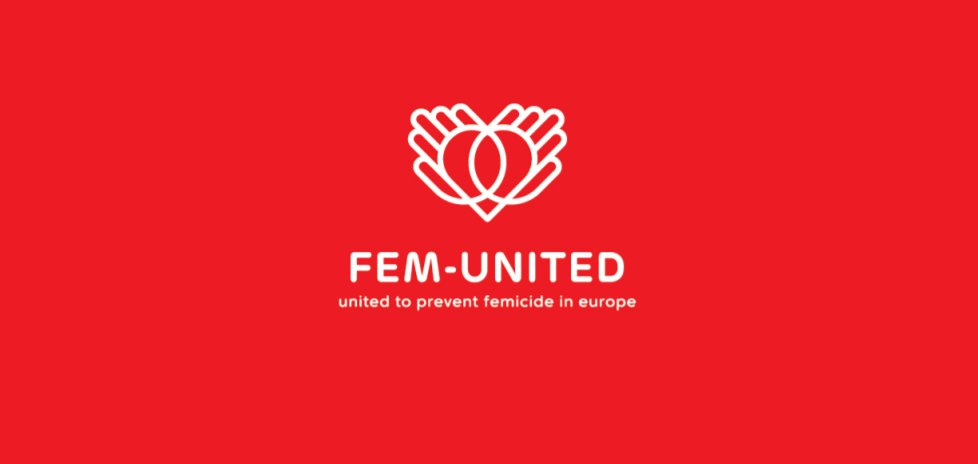FEM-UnitED partnership presents final project results

Job Vacancy – Project Coordinator
August 18, 2020Every day around the world, 137 women and girls are killed due to their gender by a family member or by a current or former intimate partner.
Femicide – the intentional killing of women and girls because they are women – is not only the most extreme form of gender-based violence against women, but also the most violent manifestation of discrimination against them. FEM-UnitED to prevent IPV/DV Femicide in Europe is a two-year transnational project involving five European countries: Cyprus, Germany, Malta, Portugal and Spain. The FEM-United project highlighted the urgent need to develop and implement effective strategies for preventing femicide. The project specifically focused on the prevention of intimate partner femicide, the killings of women and girls committed in the context of intimate partner violence and/or domestic violence.
The FEM-United research
A key way the FEM-United project has contributed to the prevention of femicide is with the
development of an evidence base, through the collection of data on femicide across 5 European countries. Based on the European Observatory on Femicide (EOF) research tools, FEM-UnitED developed and applied transnational research tools for data collection of quantitative indicators to measure femicide prevalence and identify related risk factors and gaps in the policy responses to IPV/DV in the project countries, as well as qualitative categories to gather data on specific femicide cases.
FEM-United Country Reports
FEM-United Comparative Report
The “Connect the Dots” campaign
The Connect the Dots campaign consists of five (5) short videos that aim to raise awareness on causes, risk factors, myths and misconceptions that surround femicides. The overall message that we want the campaign to convey is that femicide is not an inevitable part of life. It is preventable. Through the release of five videos, the campaign underlined the need to:
- Name the killings of women and girls due to their gender as femicide;
- Link the normalisation of violence against women in our societies with femicide;
- See the warning signs and risk factors associated with femicide;
- Debunk myths and misconceptions on femicide that obscure the foundations of violence against women and femicide;
- Collectively demand that governments take action to prevent femicide.
The videos are available to view here.
Capacity building of front-line professionals
The FEM-United partnership carried out 20 training workshops with 356 professionals targeting law enforcement professionals, education professionals and social workers, health professionals, NGO professionals, and professionals working in a multi-agency context. The workshops focused on developing a better understanding of the constitutive elements of violence against women and domestic violence and on addressing harmful attitudes, behaviours and stereotypes in the context of institutional responses to violence against women.
The FEM-United teams in each country drafted workshops recommendations highlighting the
challenges faced by frontline professionals in their everyday work, and recommendations for
institutional action to strengthen early and effective responses to IPV/DV and prevention of
femicide.
Stakeholder Engagement
Each participating country had organized up to three national meetings with policymakers and key stakeholders totalling 14 multi-stakeholder forums with approximately 100 stakeholders across the partner countries. These resulted in specific commitments for action for femicide prevention based on the project’s findings and results.
In addition, five national policy briefs and an EU policy brief were developed on femicide prevention based on the main results and outcomes of the research, capacity-building workshops, and stakeholder meetings.
The FEM-UNITED partnership spans five EU countries and is coordinated by the Mediterranean Institute of Gender Studies in partnership with the University of Malta; the Cyprus University of Technology; the Institute for Empirical Sociological Research at the University of Erlangen-Nuremberg; the University of Zaragoza; the Women’s Rights Foundation, and the UMAR – União de Mulheres Alternativa e Resposta.



